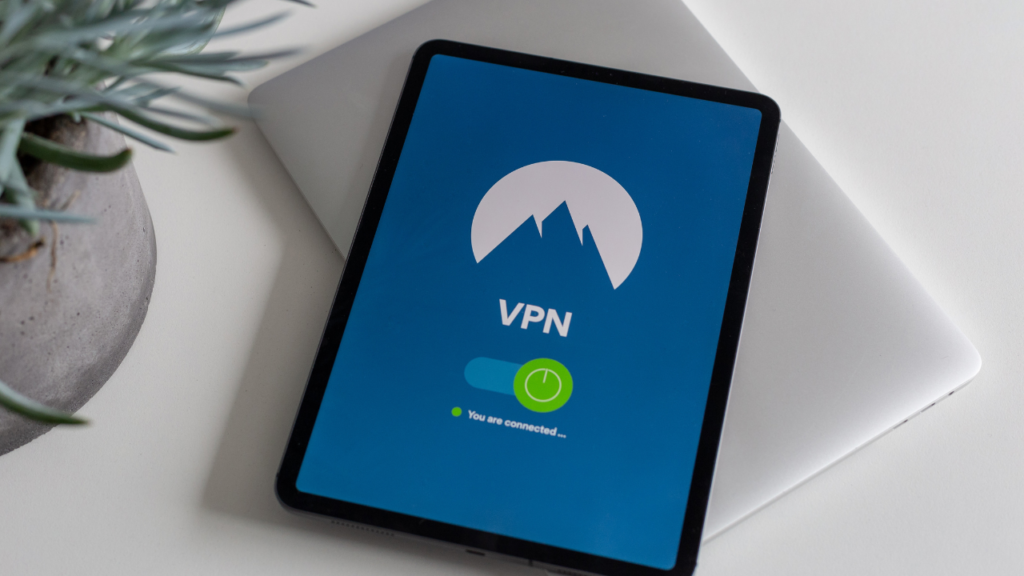How to Block ISP Tracking & Keep Your Privacy on the Internet
DataProt is supported by its audience. When you buy through links on our site, we may earn a commission. This, however, does not influence the evaluations in our reviews. Learn More.
Privacy isn’t something we should take for granted, and that goes double for our internet privacy. However, many people aren’t aware that Internet Service Providers (ISP) have insight into their online habits and record their browsing activity.
We wouldn’t be comfortable seeing someone sitting at our laptop and digging through our files, so the thought of having our ISP looking over our shoulder while we’re browsing isn’t much better. Fortunately, there are steps you can take to block ISP tracking and improve your internet privacy.
What Is an ISP Company?
An Internet Service Provider, or ISP, is a company that provides you with access to the internet. For most users, those are often phone or cable companies, but they can also be non-profit organizations, or privately, or community-owned entities.
Your ISP will assign you an IP address and correlate your activity with it. Because of that, unless you are using a professional VPN service, the ISP can see your browsing history, unencrypted emails, searches, downloads, passwords, social media information, and timestamps for each session.
Reasons for ISP Tracking
1. Data Retention Required by Law
Depending on the country your ISP is based in, it may be required by law to retain user browsing data. This information can be used by government organizations or law enforcement agencies to tackle organized crime or prevent acts of terrorism.
However, a significant downside of this type of tracking is that investigative journalism and whistleblowers have almost no chance of preserving their anonymity.
2. Monitoring P2P File Sharing
P2P file-sharing or torrenting is illegal in certain countries. Therefore, downloading copyrighted content may lead to fines and other legal complications if you aren’t using VPNs for torrenting.
3. Bandwidth Throttling
Another reason to hide from your ISP is bandwidth throttling. This is a deliberate reduction in download and upload speeds by the ISP, mainly employed to reduce bandwidth congestion.
Bandwidth throttling may also occur if the ISP is trying to increase the number of customers on a network that can’t support it. Therefore the ISP can deliberately reduce your speeds when accessing certain websites and services, like P2P and video streaming. Hiding your activity from your ISP may circumvent such limitations.
3. Selling User Browsing Information
It’s not uncommon for companies to profit from selling user information to advertisers, for example. This isn’t an illegal practice in countries like the US, and there is no way to block the ISP from disclosing your browsing habits.
Therefore, if you see ads adjusted to your browsing habits or interest, it means your ISP possibly sold your internet browsing history.
Stop Your ISP from Inspecting Your Online Activity
Thankfully, there are several methods that privacy-focused individuals can use to preserve their online activity from prying eyes. Several methods that are readily available are VPN services, Tor, proxy servers, and HTTPS websites.
1. VPN Service Providers
VPN (virtual private network) providers are the most reliable solution for those trying to block ISP tracking their online activities. VPNs secure user privacy and prevent interested parties, whether they are ISPs, hackers, or data thieves, from collecting your personal information.
Routing your internet traffic through a virtual private network means that your external communication is encrypted, and even your IP address is changed. First, you connect to a VPN’s server, and it then processes all your browsing requests.
It’s important to note that not all VPN providers have a zero-logs policy, meaning that some keep a complete or limited track of user activity. This means that, while the VPN will prevent your ISP from tracking you, the VPN provider may keep a log of all your browsing history.
That’s why you should look for a zero-logs provider, whether you need a VPN service for Netflix or just want to safeguard your privacy in general. Our team recommends NordVPN as one of the best-known VPN companies that adhere to a zero-logs policy.
2. Tor
Tor (The onion routing) is open-source and free software for anonymous communication and internet browsing. It routes traffic through multiple nodes (Tor servers) operated by thousands of volunteers across the globe that prevent any form of data collection and analysis.
However, one main downside of Tor is that it only works for browsing. It can’t block your ISP from seeing what you download. Furthermore, Tor slows your browsing, and you can’t always be sure of who’s managing the nodes in the network.
3. Proxy Servers
Another option is routing traffic through a proxy server, which can assist you in accessing geo-locked content while hiding your traffic from the ISP. These servers act as a go-between your computer and the internet, so any websites you access will see the IP address of the proxy server.
Proxy servers are not a perfect solution: Your traffic is not encrypted and still has vulnerabilities, and you can be monitored, especially if you aren’t sure how trustworthy the proxy server you’re using is.

4. HTTPS Websites
Another method to hide activity from an ISP, and the least you can do to improve your privacy, is to limit all your browsing activity to websites using HTTPS (Hypertext Transfer Protocol Secure). Those websites have end-to-end SSL (Secure Socket Layer) encryption, and your ISP won’t precisely know what’s you’re doing on that website. Data transfers between you and a HTTPS website will be hidden.
Of course, there are limitations to what HTTPS can do. Your ISP won’t have complete insight into your activity, but will know what websites you visited, the time you spent on them, and the amount of data you downloaded. Therefore, the best way to block ISP tracking is to visit SSL-secured websites and use a VPN.
Improving Your Privacy
Thankfully, there are options to preserve your internet privacy, and VPN providers are one of the best solutions for it. Most of them provide a range of solutions, including Android VPN apps or Chrome VPN extensions.
If you combine using virtual private networks with HTTPS-based websites, you will minimize your digital footprint, and any data you leave behind will be useless for an ISP trying to sell it. At the same time, you will have protection against any malicious attacks.


